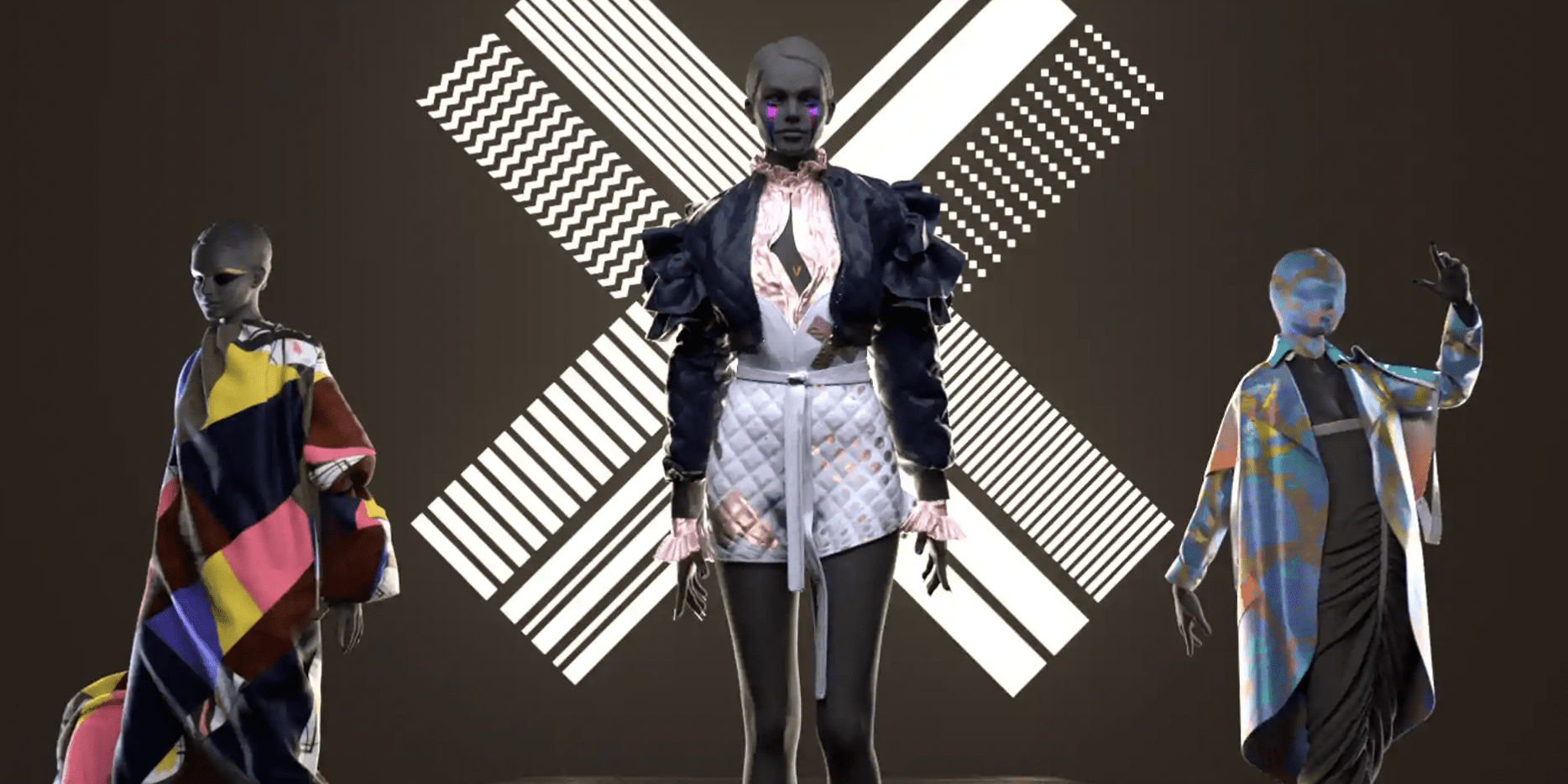The global fashion industry is massive, and many experts believe it will soon generate billions in the metaverse. Of course, fashion companies will have to adapt to the metaverse and offer unique experiences and opportunities to stand out from the competition.
Let’s examine three ways fashion brands can pivot to the metaverse and offer unique experiences to their customers.
Metaverse fashion shows

The fashion industry was already in trouble before the pandemic, but COVID-19 was absolutely devastating for the sector as a whole. Many companies pivoted to live-streaming fashion shows, since in-event fashion shows were no longer a viable option. This is particularly damaging for such an event-driven sector like fashion.
In-person events are incredibly important to fashion as a culture, but many organizations and designers plan on keeping their fashion shows virtual. In the metaverse, the fashion shows can be more creative, interactive, and unique. A virtual model can wear a flaming cape, for example, or a fashion show can take place in an underwater virtual world surrounded by marine life.
The first metaverse fashion week already took place in Decentraland, and many other fashion shows in other metaverses will follow. Another major advantage to metaverse fashion shows: anyone can go! Fashion shows have often been limited to celebrities, influencers, designers, the rich, and the well-connected; now, the metaverse can welcome all.
Fashion brands will need to collaborate

In the past, we all know that fashion brands wanted to present their products as exclusive and “not for everyone.” With the rise of more affordable fashion brands and social media, luxury fashion brands are losing their dominance over the industry.
There’s a brutal truth the fashion industry has to recognize: fashion brands are no longer the only way fashion trends are created. Clothes can trend because of a particular celebrity, Instagram hashtag, or Tiktok challenge. Now, fashion brands need to think about partnerships more than ever, whether it’s with influencers, celebrities, music festivals, gaming companies, or otherwise.
The same will certainly be true in the metaverse. Fashion brands will have to forge strategic partnerships with NFT artists, DAOs, and other metaverse communities to succeed.
Investing in Digital Fashion

Digital clothes will never replace real clothes, but they offer a new revenue stream for an industry already experiencing major issues. There’s also the opportunity for a fashion brand to launch NFTs as “digital twins” of their most popular clothes or create avatars for games in the metaverse. Regardless, more fashion brands will invest in digital fashion.
You can expect to see more prominent fashion brands acquiring digital fashion startups, much like Nike acquired RTFKT Studios, a company that makes virtual shoes. If a digital fashion company starts gaining traction in the metaverse, it’s easy to see how larger fashion brands will want to snatch them up before the competition.
How will the pivots play out?
 Fashion is notoriously fickle, so it will take some time to see how the fashion industry pivots to the metaverse and how successful they are. Will the metaverse offer more opportunity for rising brands, or will established fashion brands end up dominating virtual worlds for years to come?
Fashion is notoriously fickle, so it will take some time to see how the fashion industry pivots to the metaverse and how successful they are. Will the metaverse offer more opportunity for rising brands, or will established fashion brands end up dominating virtual worlds for years to come?
One of the main factors to consider is accessibility. Some metaverse fashion shows might be welcome to anyone, which is an inclusive way to market your clothing. On the other hand, fashion brands can also pivot to metaverse exclusivity – someone can only enter a Balenciaga fashion show if they own a Balenciaga NFT, for example.
Ultimately, the pandemic has forced the fashion industry to re-examine itself. The metaverse offers more opportunities for that pivot, with more possibilities for creativity, interactivity, and partnerships in virtual worlds.
About the Author

Michael Hearne
About Decentral Publishing
Decentral Publishing is dedicated to producing content through our blog, eBooks, and docu-series to help our readers deepen their knowledge of cryptocurrency and related topics. Do you have a fresh perspective or any other topics worth discussing? Keep the conversation going with us online at: Facebook, Twitter, Instagram, and LinkedIn.


